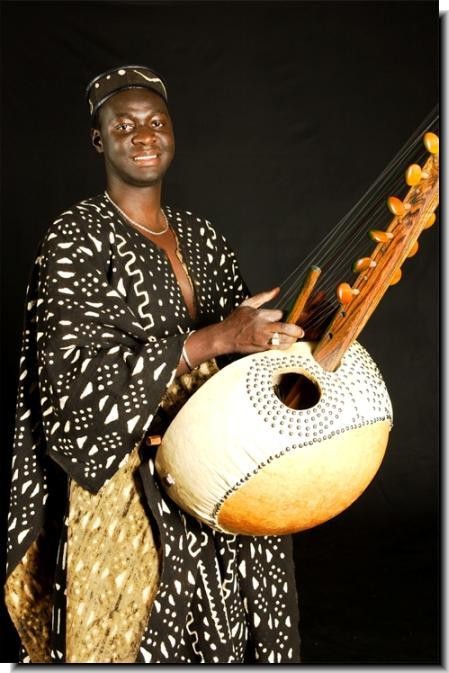 |
| Courtesy www.accessgambia.com |
Around the 8th century B.C., performing storytellers known as
rhapsodes, would recite epic poetry, including poems written by Greek poet,
Homer. While rhapodes would be seen holding the lyre as they recited poetry,
they are not thought to play the instrument, or even sing the lyrics. It is
believed that the performers would simply recite the poetry from memory
(Schultz, 2014).
Poetry has also been used throughout spoken history as a means for
humans to share stories. Myths and legends were often memorized, written into
narrative poetry, and performed for people of nobility. Celtic poets, or bards,
would travel from place to place, where they would be hired to perform these
poems (Olson, 2012). Famous bards, such as William Shakespeare and Robert Burns
brought notoriety to their respective nations through original poetry,
collections of ballads, and dramatic performance.
Some of the first stories that were told intentionally as a means of
recounting events were performed as chants set to the rhythm of tribal work (as
cited in Greene, 2010). These early stories celebrated members and activities
of the tribe, and were often accompanied by ceremonial dancing.
Storytellers who told their tales through song often traveled from place
to place sharing their stories along the way. These musicians were known by
different names among different cultures, including griots, troubadours, and
minstrels. Modern musical storytelling genres were born from these travelling
storytellers—from folk music, to rap, and every other musical storytelling genre
in between.
No comments:
Post a Comment